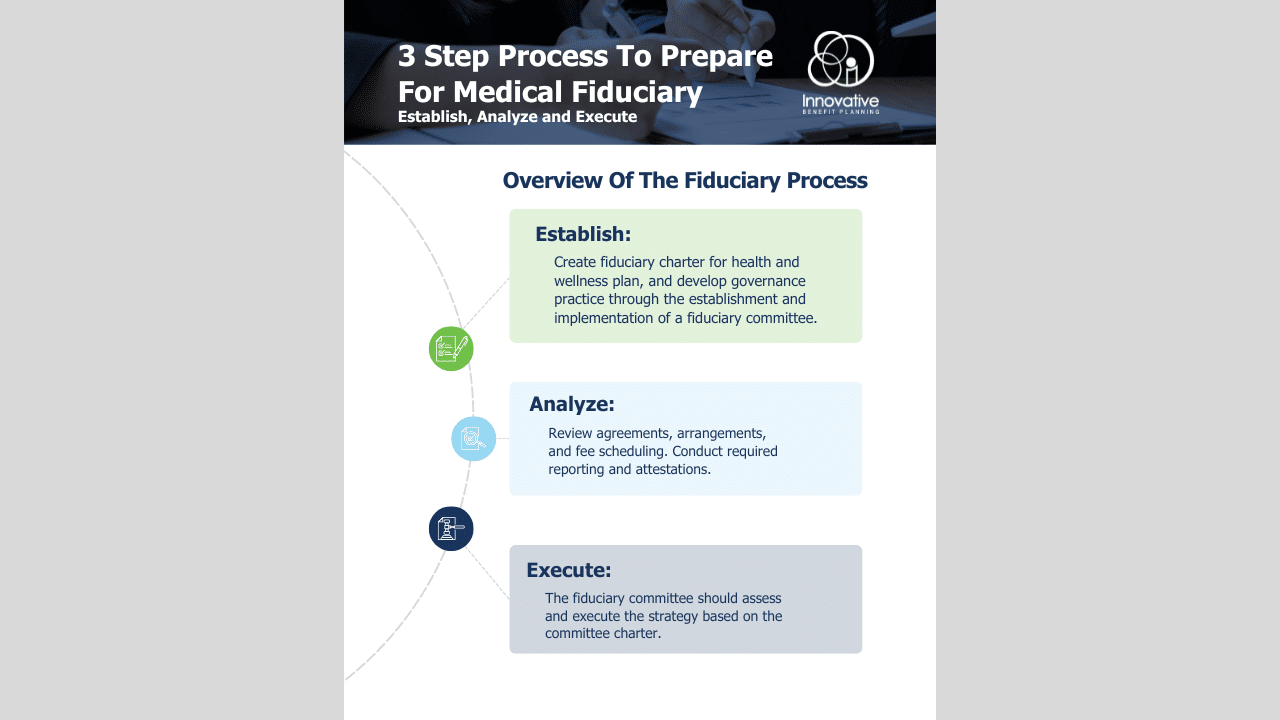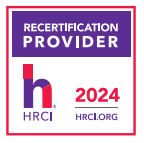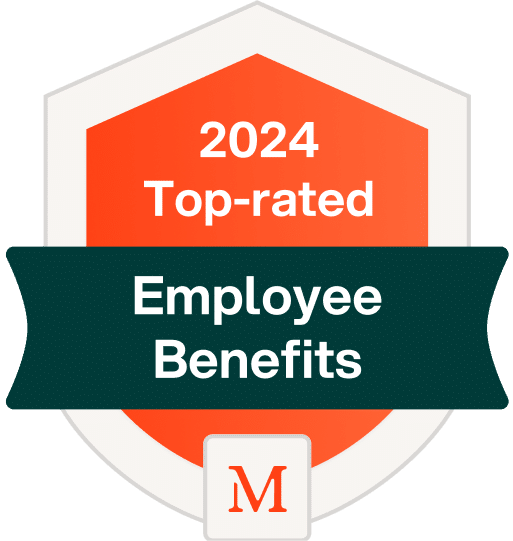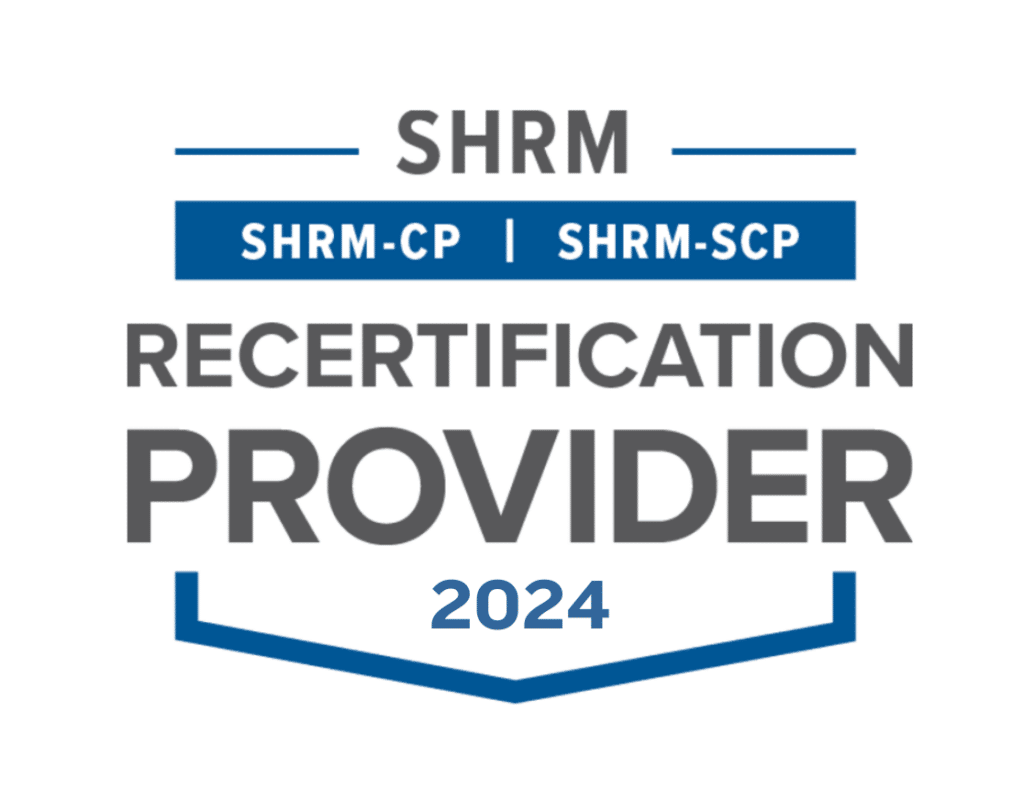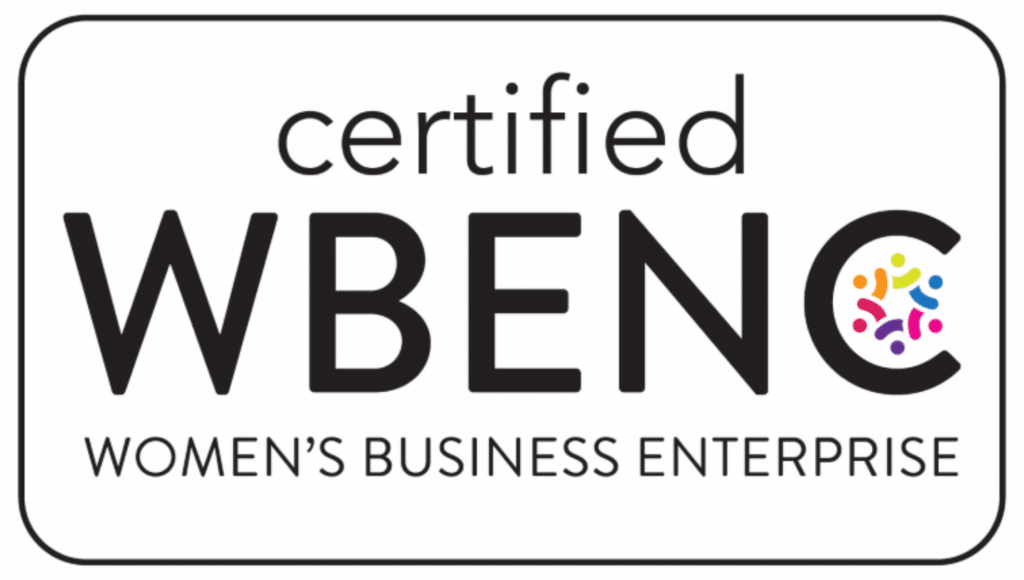Recently, the Internal Revenue Service (IRS) published Revised Audit Guidelines for use by IRS auditors in examining group health plans for COBRA compliance. The revised Guidelines incorporate changes to account for laws that have affected COBRA since the previous guidelines were developed, such as the Health Insurance Portability and Accountability Act (HIPAA) and the Family and Medical Leave Act (FMLA). The Guidelines appear to herald a new COBRA compliance audit effort by the IRS.
The Guidelines provide a general overview of the requirements, limitations, and exceptions of COBRA and the excise tax. Notable highlights from the Guidelines include:
• Some insight into the IRS’s approach to COBRA enforcement. By way of example, the Guidelines provide that when an employer contends that an employee was ineligible for COBRA rights because he was terminated for “gross misconduct,” an auditor may consider whether the employee was granted unemployment compensation benefits, whether the employee grieved his termination under a collective bargaining agreement and the results of any proceedings related thereto, and in some circumstances witness accounts regarding the alleged gross misconduct. If the employee was awarded unemployment compensation benefits and/or won an arbitration regarding his termination, the Guidelines note that the employer may have failed to comply with COBRA.
• A list of documents to be requested by an auditor during a COBRA audit.
• A list of interview questions for an auditor to ask of the responsible parties in order to examine and address specific areas for noncompliance.
COBRA penalties and related damages may arise in two ways. First, potential notice-related penalties of up to $110 per day, per violation, that may be imposed by the federal courts under ERISA’s civil enforcement provisions, plus attorneys’ fees, and possible recovery by the complaining individual in the main enforcement action. Second, the employer or administrator may be subject to COBRA’s excise tax of $100 for each day that a violation continues. These excise taxes may be substantial – and are effectively capped at $500,000 for employers and $2 million for third party administrators.
Employers and administrators should prepare now to structure their COBRA compliance practices and procedures to avoid getting bitten by COBRA’s civil penalties and/or excise tax. In doing so, it is recommended that employers and administrators conduct self-audits, following the Guidelines, to rectify any potential mistakes or problems with their practices and procedures before the IRS selects them for an audit.



